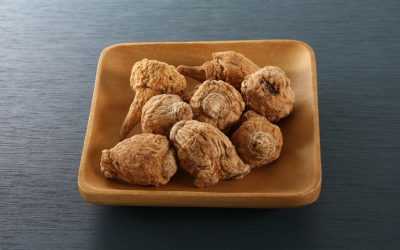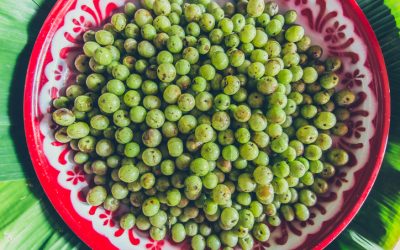Red Clover
Recent research on RC has focused on its isoflavone content, as RC is a rich source of four dietary isoflavones—formononetin, daidzein, genistein, and biochanin A. High dietary intake of these phytoestrogens (mainly as found in soy foods) has been implicated in buffering the effect of reduced estrogen in menopausal women.
In a systematic review of herbs used to treat menopausal symptoms, 4 studies focused on RC. The review’s authors concluded that RC may possibly be beneficial for certain menopausal symptoms.6 In 2 of the reviewed trials, an RC extract standardized to 40 mg of isoflavones reduced the frequency and severity of hot flashes by about 50% compared to placebo.7,8 A subsequent trial showed no statistically significant benefits of 2 red clover preparations over placebo in reducing hot flashes.9 However, despite a growing body of clinical data suggesting benefits in the treatment of various menopause symptoms, a systematic review of 5 randomized trials on RC in menopausal women found no statistically significant effect of RC on hot flash frequency.10
Two other trials suggest that the isoflavones in RC may slow the rate of bone loss and may even help build bone in post-menopausal women. One study showed decreased bone loss over 12 months compared to placebo, concluding that RC isoflavones may have a protective effect on the lumbar spine in women.11 Another trial demonstrated a significant increase in the cortical bone of the proximal radius and ulna after 6 months of use.12


